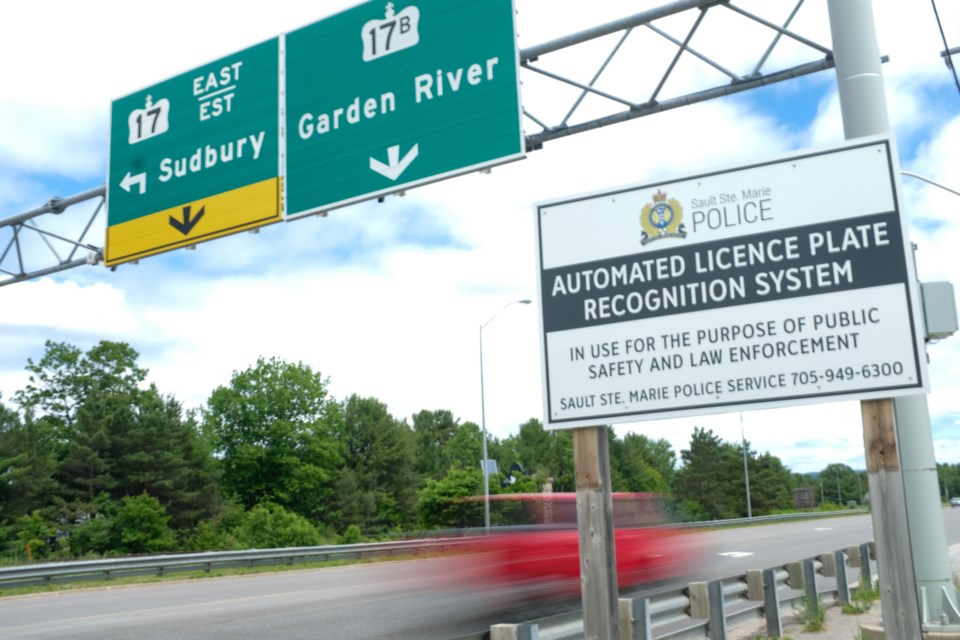The following letter to the editor was sent to Village Media by Information and Privacy Commissioner of Ontario Patricia Kosseim:
I am writing to clarify a statement by Karl Hele, professor of Indigenous studies at Mount Allison University, quoted in [Thursday's] article, Sault police plan to surveil travellers gets thumbs down. Specifically, Professor Hele states, “The cops and the Privacy Commissioner decided they wanted to surveil people and run it as a test and boom, it’s in the Sault.”
To be clear, the IPC does not want the police, or anyone, to “surveil people.” On the contrary, our mandate is to protect the privacy rights of Ontarians, and our position has been consistent with respect to the use of ALPR: Just because you are driving a vehicle is not in itself a reason to be tracked, and police should not engage in mass surveillance of people using the roads.
The police use of ALPR technology must be carefully managed to ensure privacy and other fundamental rights are protected. If not properly designed, these systems could potentially be set up in ways that put people under surveillance and profile them by tracking their locations across time. Misuse of this technology could violate Ontario’s privacy laws, as well as other fundamental rights and liberties. Proper policies, procedures, and technical controls are crucial. This includes strict limits on the scope and design of the hotlist used to identify license plates, such as limiting it to missing persons, Amber Alerts, and active investigations into specific serious crimes, particularly with the use of perimeter ALPR.
For context, the Sault Ste. Marie Police Service contacted the IPC in August 2020, advising that it would be expanding its automated licence plate recognition (ALPR) system to include fixed cameras. The IPC met with the police service to discuss its ALPR program and provided comments and recommendations on how the service’s use of this technology could be designed to be as contained and privacy-protective as possible.
Organizations, including police services, must ensure their programs comply with Ontario’s laws relating to privacy, transparency, and human rights, as well as the Canadian Charter of Rights and Freedoms. The fact that a police service has consulted with the IPC does not necessarily mean that it has implemented all the IPC’s recommendations and is not an endorsement or certification that its activities comply with privacy and access laws.
Patricia Kosseim
Information and Privacy Commissioner of Ontario
